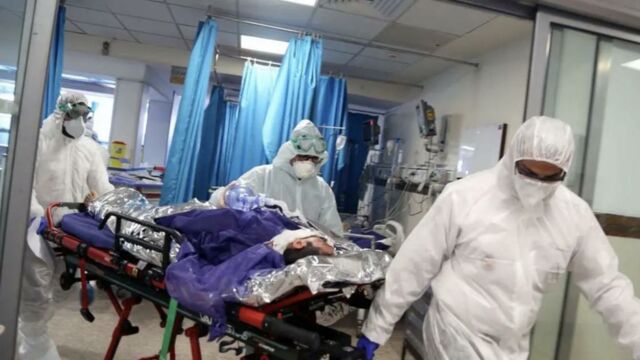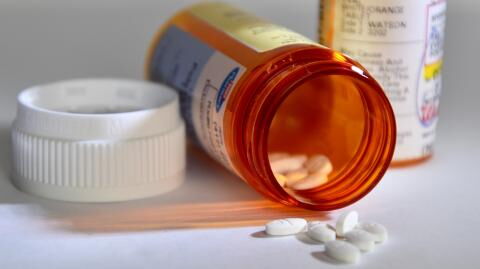Just over a year after COVID-19 spread to almost the entire globe, the SARS-CoV-2 virus and its many variants continue to surprise scientists. In order to learn more about the disease, many doctors have performed autopsies on the bodies of deceased people since the beginning of the pandemic. This research has led to a better understanding of COVID and its effects on three organs in particular, reports the Washington Post: the lungs, the heart and the brain.
Discover our latest podcast
The lungs
Research on cadavers by Richard Vander Heide, a professor in the Department of Pathology at Louisiana State University who has been performing autopsies since 1994, led him to a surprising discovery. When he examined the lungs of a man who died of the disease at the age of 44, he found that hundreds, if not thousands, of blood clots had formed in the patient's lungs.
In July 2020, the doctor published a study on the subject in The Lancet, before other health professionals discovered the same blood clots, also in other organs. In another study, also published in The Lancet, doctors noted abnormal clotting in the heart, kidneys, liver and lungs of several patients.
The Heart
As the Washington Post points out, one of the first reports on the new coronavirus estimated that between 20 and 30% of hospital patients appeared to have myocarditis that could lead to sudden death.
This condition involves the thickening of the heart muscle so that it can no longer pump efficiently. A condition that is easy to detect at autopsy, but which research in the wake of the COVID crisis has not been very conclusive: in a non-relus study, researchers who examined 25 hearts of deceased patients found only 'very mild' inflammation on their surface, and nothing to indicate myocarditis.
Nevertheless, the examination of the hearts of people who died from COVID-19 has given the researchers some surprises. As Richard Vander Heide reveals, some patients who died of cardiac arrest had more damage to their lungs than to their hearts.
Amy Rapkiewicz, from the NYU Langone Center, examined seven hearts and noticed an unusual presence in the heart of cells usually found in the lungs and bone marrow.
The Brain
Loss of taste, smell, neurological or psychiatric disorders... as we know, COVID-19 can have a variety of effects on the brain of patients. This has prompted researchers to study the issue in greater depth.
Isaac Salomon, a specialist in neuropathology at the Brigham and Women's Hospital in Boston, examined 18 brains during autopsies, taking samples from specific areas of the brain. Surprisingly, the inflammation appeared to be less severe than in cases where the damage is caused by a lack of oxygen. According to him, it is therefore essential to provide people with additional oxygen as soon as possible in order to avoid irreversible damage.
In an observation published in the New England Journal of Medicine in June 2020, he also suggests that the damage develops over a longer period of time, which made him wonder about the effect of the virus on less sick people.
Finally, a team of researchers from Mount Sinai Health in New York analysed 20 brains, with very few convincing results, apart from the discovery of an extensive presence of micro blood clots.















